For a while, I would go to bed at the normal time for like a 12 year-old, and then I would wake up at three o’clock in the morning, head downstairs, plug in the modem, dial into one of these BBSes, and spend a couple of hours chatting with strangers, before packing it up around five AM and going back to bed.
Archive
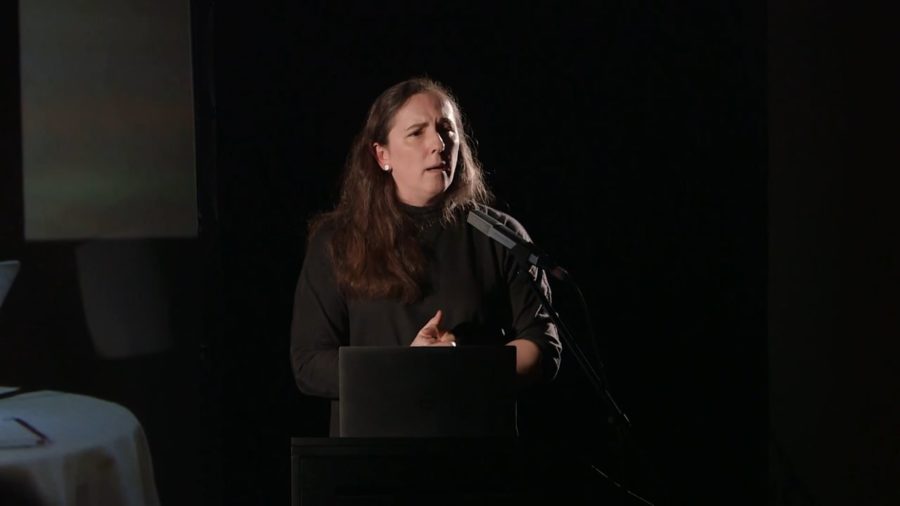
We have now in twenty years moved half the world’s population, give or take, to one city. And we all live in one city. And we keep walking out into the street and getting pasted by trams. And we don’t even understand what the trams are. We not only do not know how to live together online, we don’t even really understand that it’s a problem.
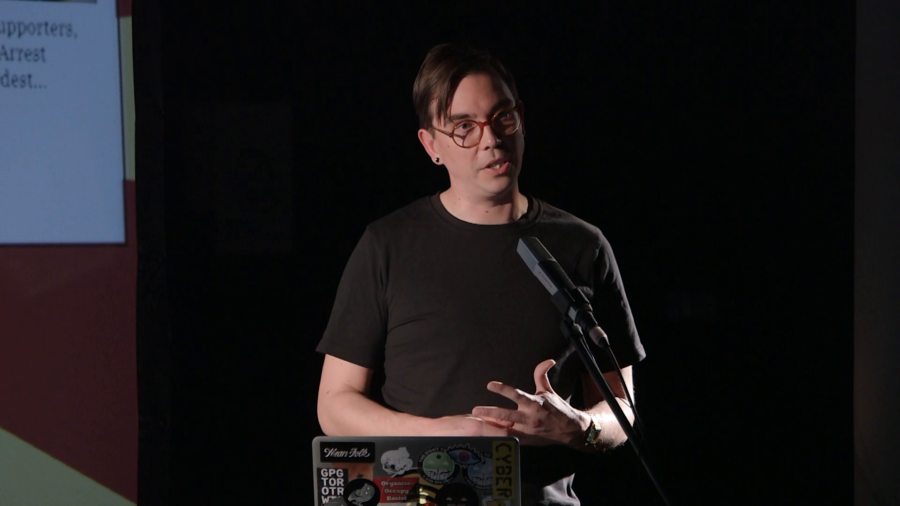
Citizenship, after not thinking about it for a while, feels like something we’re all thinking about quite a lot these days. In the words of Hannah Arendt, citizenship is the right to have rights. All of your rights essentially descend from your citizenship, because only countries will protect those rights.
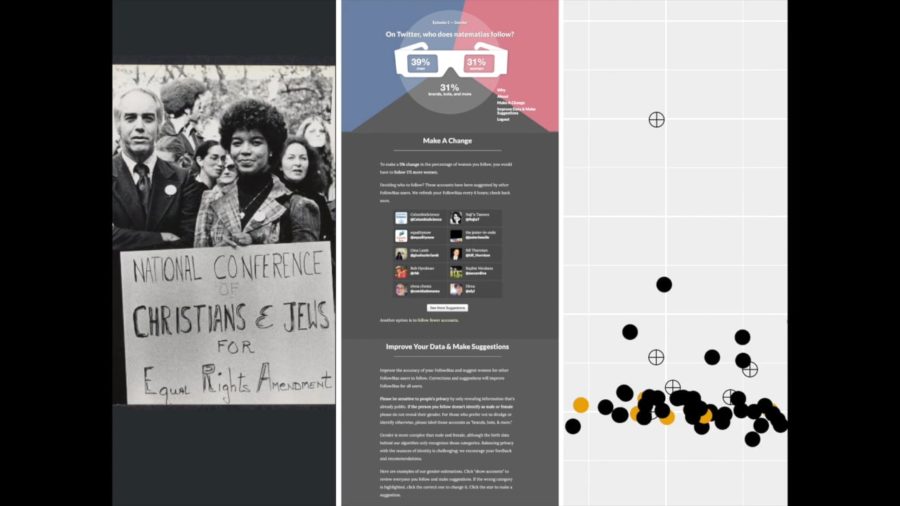
In 2011, the cultural critic Emily Nussbaum reflected on the flowering of online feminism through new publications, social media conversations, and digital organizing. But Nussbaum worried, even if you can expand the supply of who’s writing, will that actually change the influence of women’s voices in society? What if online feminism was just an echo chamber?
In 1962, the Food and Drug Administration approved the birth control pill. I would submit that that’s one of the four or five most transformative technological changes of the last millennium. Not just the last century. Because for the first time in the history of the world, half the people on Earth no longer have to depend on the other half for the arc of their lives.
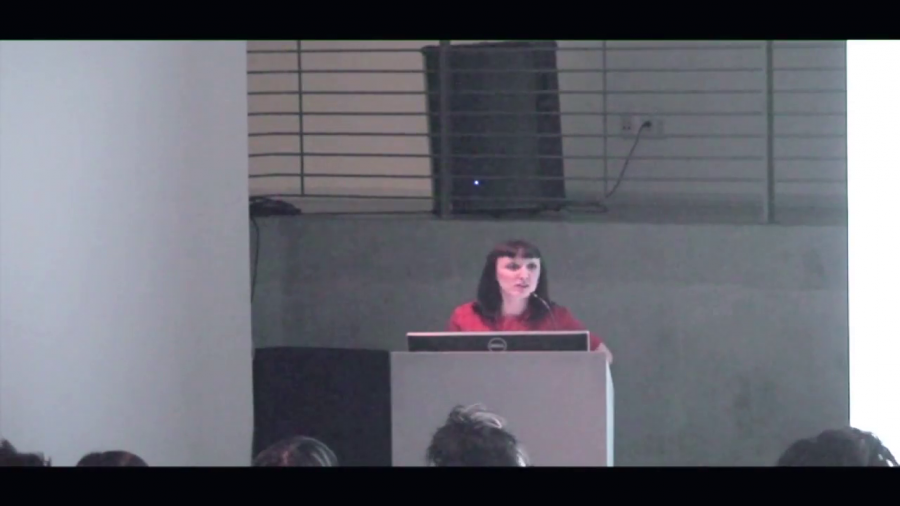
What I’m arguing primarily today is that focusing on pedagogy is a key aspect of social justice work, and that teaching critical data literacy along with other digital literacy skills is a key part of what we need to do.
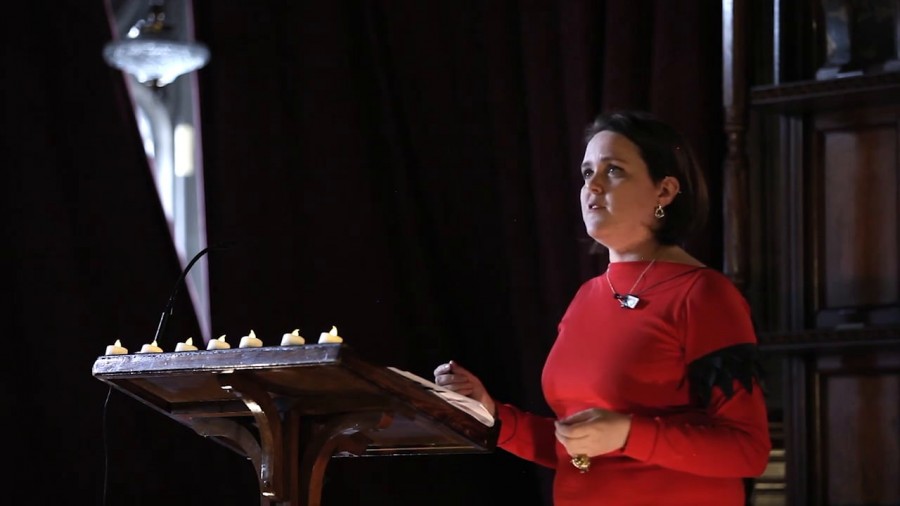
It’s the expectations themselves that start to change the material qualities of our world, the material qualities around science and technology, around our political activities. That it’s not just that the entrails have been read, but the fact that you now have to make a decision whether you’re going to heed that warning or not.
